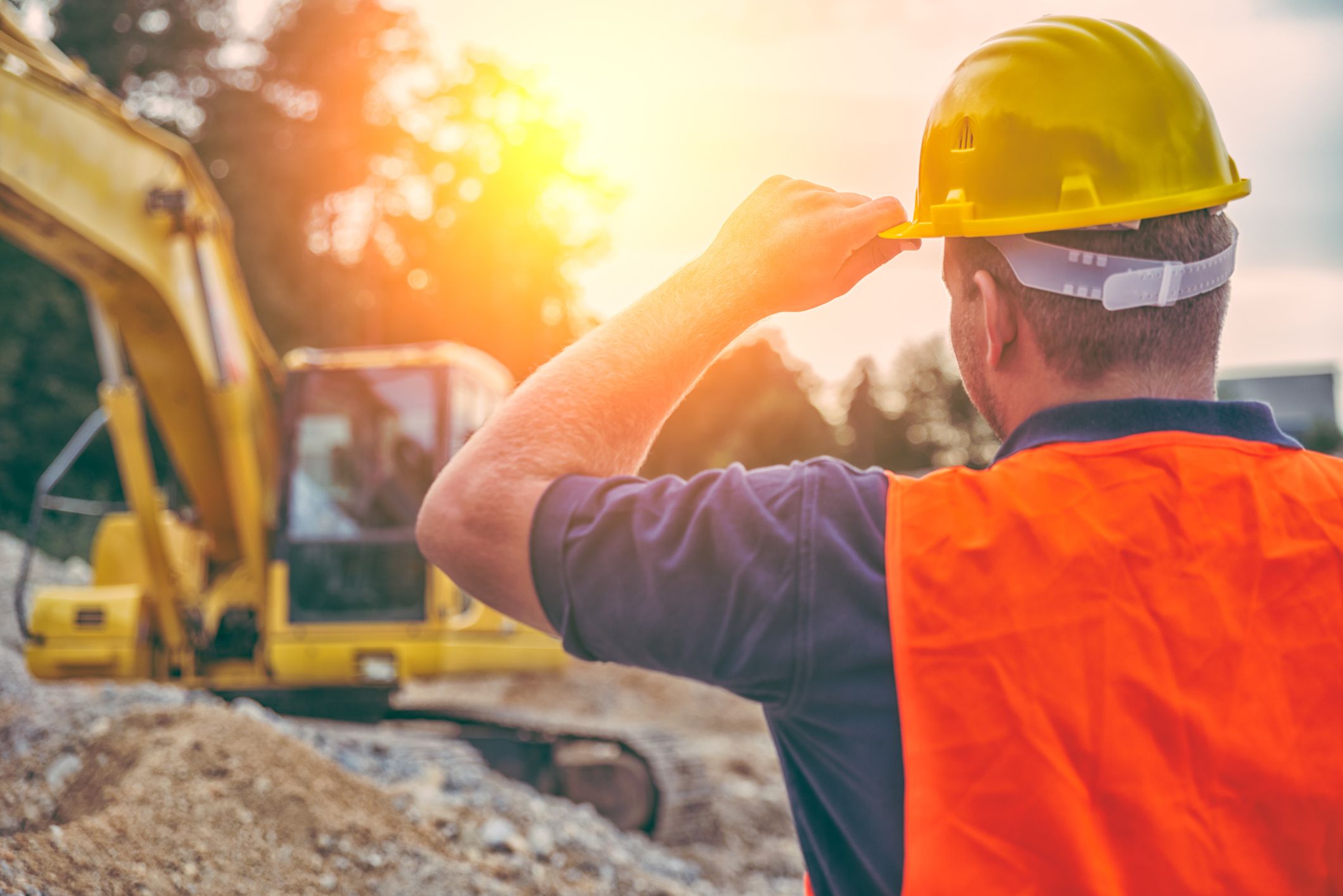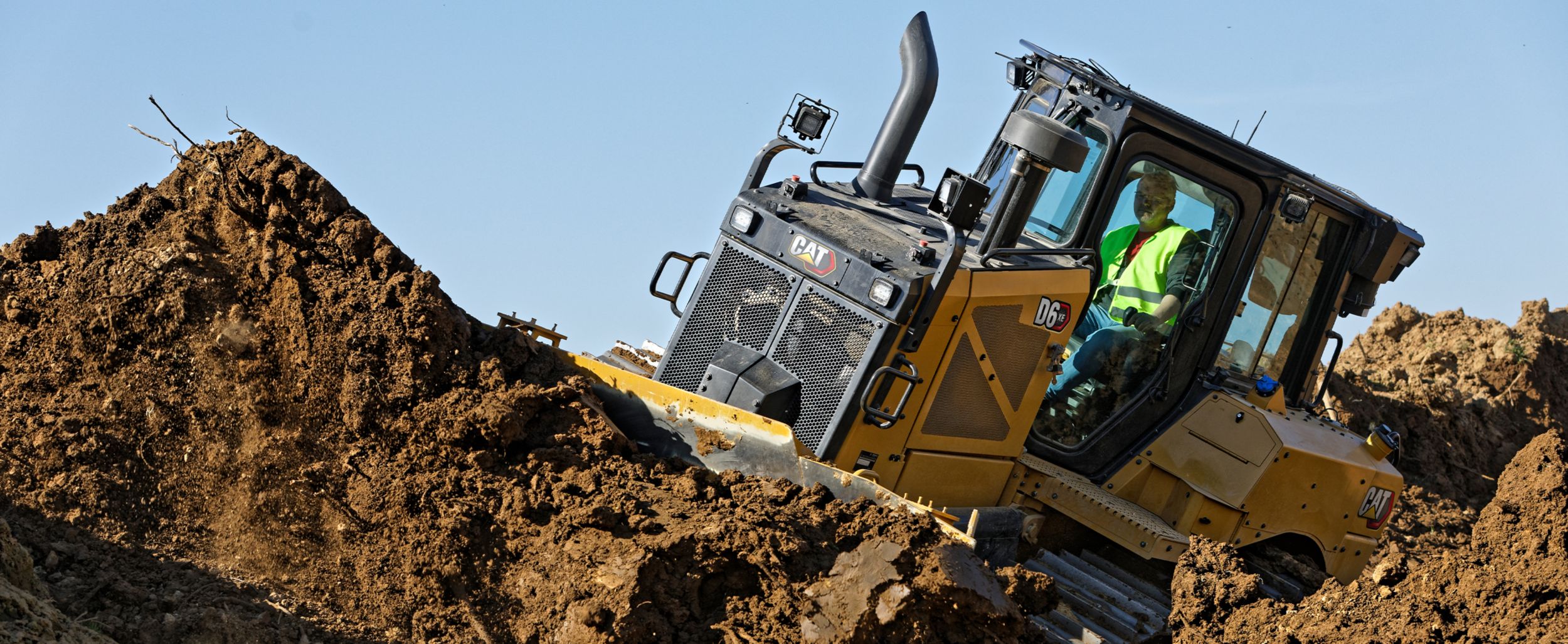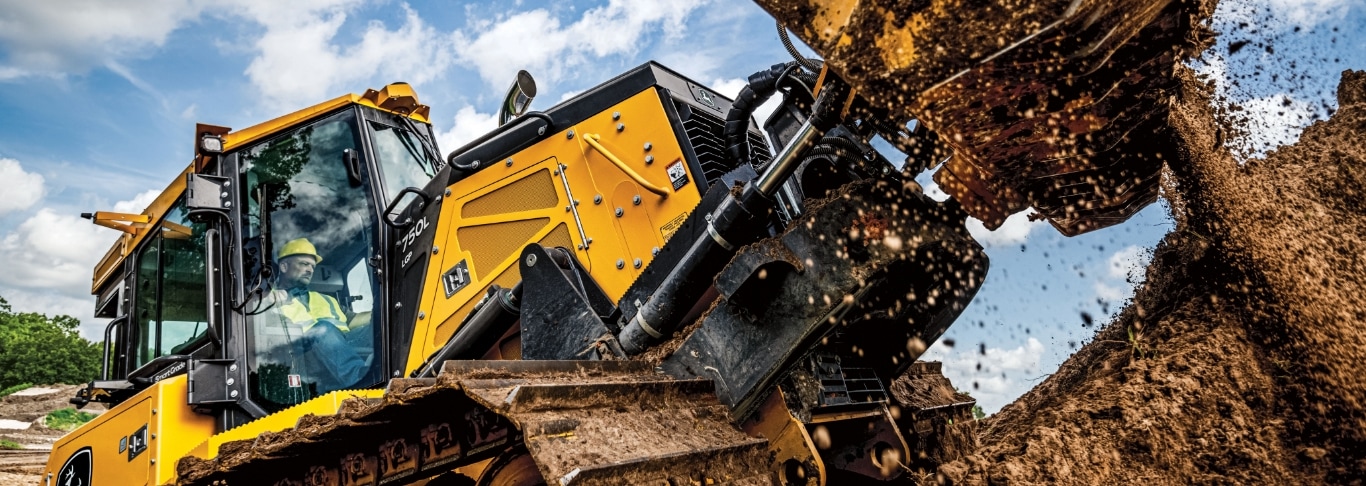Mini Excavator Rental in Tuscaloosa, AL: Compact and Powerful Equipment for Small Jobs
Mini Excavator Rental in Tuscaloosa, AL: Compact and Powerful Equipment for Small Jobs
Blog Article
Discovering the Financial Perks of Leasing Building Tools Contrasted to Possessing It Long-Term
The decision between renting out and owning construction tools is crucial for economic monitoring in the industry. Renting out offers instant price financial savings and functional flexibility, permitting firms to designate sources more effectively. Recognizing these nuances is essential, specifically when thinking about just how they straighten with certain task requirements and financial methods.

Expense Comparison: Leasing Vs. Owning
When reviewing the economic ramifications of leasing versus having construction tools, an extensive cost comparison is crucial for making informed choices. The option between leasing and having can substantially impact a business's bottom line, and understanding the linked prices is important.
Leasing building and construction equipment normally involves lower upfront expenses, allowing services to assign funding to various other operational demands. Rental costs can accumulate over time, potentially exceeding the expense of possession if equipment is needed for an extensive period.
On the other hand, owning construction equipment requires a significant first investment, together with continuous costs such as funding, devaluation, and insurance coverage. While possession can lead to lasting cost savings, it additionally binds funding and might not offer the exact same degree of versatility as leasing. Furthermore, having tools demands a dedication to its usage, which might not always straighten with project needs.
Eventually, the decision to own or rent out ought to be based on a detailed analysis of particular task needs, economic capability, and lasting strategic objectives.

Maintenance Expenses and Obligations
The option between owning and leasing building devices not just includes financial considerations however likewise includes recurring maintenance expenditures and obligations. Owning devices requires a substantial dedication to its maintenance, that includes regular evaluations, repair services, and possible upgrades. These obligations can swiftly collect, resulting in unanticipated costs that can stress a budget plan.
In contrast, when leasing devices, upkeep is commonly the obligation of the rental company. This plan allows professionals to avoid the economic concern related to wear and tear, in addition to the logistical obstacles of scheduling repair services. Rental arrangements frequently include arrangements for maintenance, meaning that service providers can concentrate on completing jobs instead of bothering with equipment condition.
Moreover, the varied range of tools available for rental fee makes it possible for firms to choose the most recent models with sophisticated modern technology, which can improve effectiveness and productivity - scissor lift rental in Tuscaloosa, AL. By going with services, businesses can avoid the long-term obligation of equipment depreciation and the linked upkeep frustrations. Eventually, evaluating upkeep costs and obligations is crucial for making an educated choice regarding whether to rent or own building and construction devices, substantially impacting overall project prices and operational efficiency

Depreciation Effect On Possession

A significant factor to take into consideration in the decision to possess building and construction tools is the effect of devaluation on general ownership prices. Depreciation stands for the decrease in value of the tools gradually, influenced by aspects such as use, wear and tear, and innovations in technology. As tools ages, its market worth lessens, which can significantly influence the proprietor's monetary placement when it comes time to offer or trade the tools.
For building firms, this devaluation can equate to considerable losses if the devices is not utilized to its max possibility or if it becomes outdated. Proprietors need to represent depreciation in their financial forecasts, which can cause greater general expenses compared to leasing. Furthermore, the tax effects of devaluation can be intricate; while it might offer some tax obligation benefits, these are frequently offset by get redirected here the truth of reduced resale worth.
Ultimately, the burden of depreciation stresses the relevance of recognizing the long-term financial commitment associated with owning construction devices. Companies must meticulously evaluate just how typically they will utilize the equipment and the prospective monetary impact of devaluation to make an enlightened choice about ownership versus renting out.
Financial Flexibility of Leasing
Renting building devices provides considerable economic versatility, permitting business to allocate resources extra efficiently. This adaptability is specifically web link important in a sector identified by rising and fall task demands and differing workloads. By opting to lease, organizations can prevent the considerable funding outlay required for buying devices, preserving cash flow for various other functional demands.
Additionally, renting equipment makes it possible for firms to tailor their devices selections to particular task demands without the lasting dedication related to possession. This implies that companies can quickly scale their devices inventory up or down based on awaited and existing project requirements. As a result, this adaptability lowers the danger of over-investment in equipment that might become underutilized or outdated in time.
One more economic advantage of renting out is the capacity for tax obligation advantages. Rental repayments are frequently thought about operating expenses, enabling immediate tax deductions, unlike depreciation on owned tools, which is spread out over several years. scissor lift rental in Tuscaloosa, AL. This prompt cost recognition can better boost a firm's cash money position
Long-Term Job Considerations
When examining the long-lasting requirements of a building business, the decision in between leasing and owning tools ends up being a lot more complex. Secret elements to think about include job duration, frequency of use, and the nature of upcoming tasks. For jobs with extended timelines, acquiring devices may appear useful due to the capacity for reduced total expenses. Nonetheless, if the tools will not be used continually across tasks, possessing may result in underutilization and unnecessary expenditure on storage space, insurance policy, and upkeep.
Additionally, technological innovations pose a significant consideration. The construction market is evolving quickly, with brand-new equipment offering improved efficiency and safety and security functions. Renting allows companies to access the newest innovation without devoting to the high upfront prices related to getting. This adaptability is particularly useful for businesses that handle varied tasks needing different kinds redirected here of equipment.
Moreover, monetary security plays an essential duty. Having tools typically involves significant resources investment and depreciation problems, while renting permits more foreseeable budgeting and capital. Inevitably, the selection in between possessing and renting needs to be lined up with the tactical goals of the building company, thinking about both awaited and existing job demands.
Verdict
In conclusion, renting out building devices provides substantial monetary benefits over lasting possession. Inevitably, the decision to rent instead than own aligns with the dynamic nature of construction projects, enabling for adaptability and accessibility to the latest equipment without the monetary burdens linked with possession.
As devices ages, its market worth lessens, which can considerably influence the owner's monetary placement when it comes time to market or trade the equipment.
Renting out building devices supplies substantial financial versatility, enabling firms to designate resources a lot more efficiently.Furthermore, renting out devices makes it possible for business to customize their tools choices to specific job demands without the long-lasting dedication connected with ownership.In final thought, leasing building devices supplies considerable financial advantages over long-term ownership. Ultimately, the choice to rent out rather than own aligns with the vibrant nature of building and construction jobs, allowing for versatility and access to the most recent tools without the monetary problems associated with ownership.
Report this page